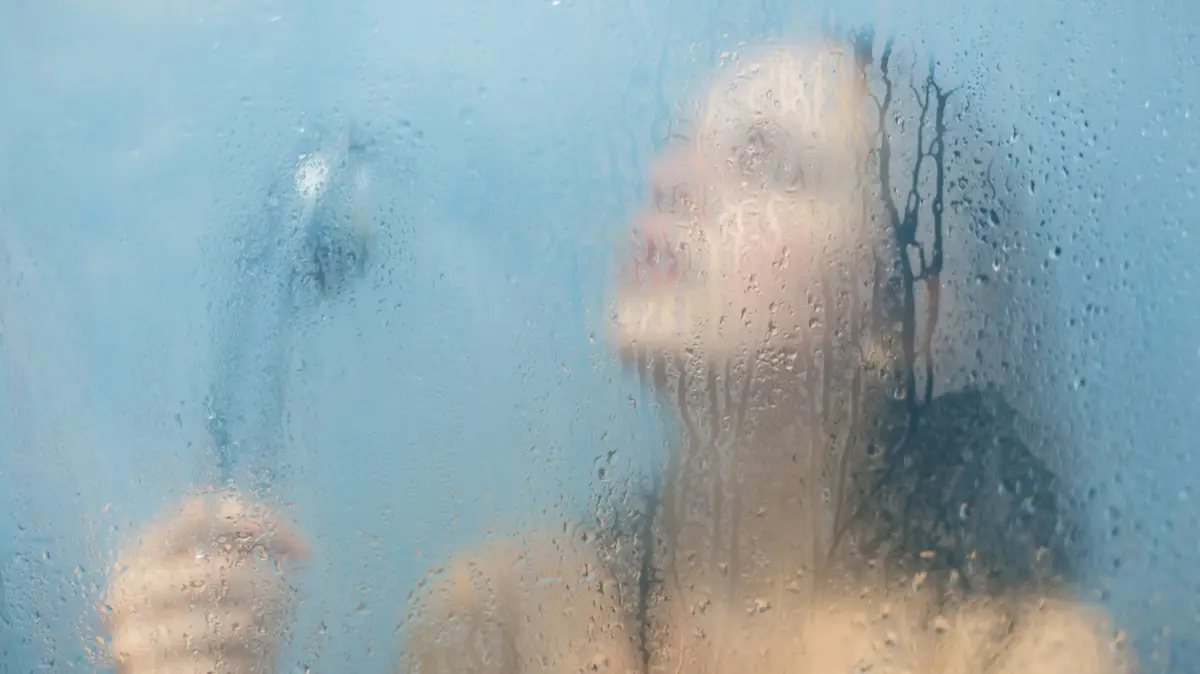Too many people pee in the pool.
Is it dangerous?
This may be an issue we are less fond of admitting - but a large (very) percentage urinate in the pool, and yes - it's not just children.
We asked our GP to tell us why it is so bad especially when combined with chlorine?
Dr. Liora Barzag Pro
20/05/2022
Friday, 20 May 2022, 07:00 Updated: 07:02
Share on Facebook
Share on WhatsApp
Share on Twitter
Share on Email
Share on general
Comments
Comments
We like to believe that most people do not urinate in the pool we are swimming in, although it is quite clear to us that this is not the case, especially when there are children around.
And this repulsive gut feeling is quite accurate - in questionnaire studies it has been found that up to 40 percent of respondents admit to urinating while swimming in a pool.
And if that's not enough, samples collected from public pools in Canada contain urine in all of them.
More on Walla!
The vegan who drinks his urine daily: "I look a decade younger. It also cured my depression."
To the full article
So should the fact that we and our children are going to spend quite a bit in the near future in pools full of chlorine and urine should worry us?
To answer this, one needs to understand what urine is and what it is made of.
The binoculars will not suffice.
Woman swimming in pool (Photo: ShutterStock)
Urine basically consists of 95 percent water.
The remaining five percent consists of the breakdown of foods, beverages and other substances we consume, such as:
1. Ura - a substance produced in the liver and its function to transport excess ammonia and nitrogen out of the body
2. Uric acid - formed in the body as a result of breaking down certain substances such as beer.
Uric acid is an antioxidant whose function is to heal damaged cells (and no, that does not mean a healthy breakdown for us)
3. Electrolytes, for example sodium, chlorine and potassium
4. Microscopic residues that are filtered out of our body, such as dead blood cells, , Vitamins and other substances emitted.
More on Walla!
Chlorine in swimming pools: How does it affect your health?
Danger in swimming pools: The harmful parasite that chlorine can not eliminate
Why do some people have to pee all the time?
Natural and home treatment for knee pain - with reimbursement from the health insurance fund
Despite the rumor that urine is sterile, there are bacteria that live throughout the system and are also excreted with the urine out.
If we do not suffer from inflammation at that moment, they are considered "good" bacteria that form part of the microbiome.
Urine and chlorine are not a winning combination
Aside from the fact that it's really disgusting to swim in a pee pool, it's important to understand what happens when urine and chlorine meet.
Urine is actually bound to the chlorine in the pool, thus neutralizing the chlorine whose job it is to kill the bacteria that can actually make us sick.
Uric acid binds to chlorine and thus form mixtures that are harmful to many organs in the body.
Pool (Photo: ShutterStock)
Moreover, uric acid binds to chlorine and thus forms mixtures that are harmful to many organs in the body, one of which - cyanogen chloride - is even used as a chemical weapon.
The amount of these mixtures in swimming pools is probably very small and will not kill us, but they will cause redness and burning in the eyes.
Urine is not the only problem in swimming pools
There are quite a few diseases caused by bacteria that are spread through ingestion, inhalation, or contact of the skin with contaminated water in swimming pools, hot tubs, water parks, fountains and the like.
A wide variety of infections have been linked to swimming in the pool, including gastrointestinal infections, skin infections, ear infections, respiratory infections, eye infections, and wound infections.
Of the infections, the most common is diarrhea.
Diarrhea can be caused by various bacteria such as Shigella and E. coli, various viruses such as neurovirus or by parasites such as cryptosporidium.
The main way to protect against these contaminants is to try to avoid as much as possible the ingestion of water from pools.
Also, since most generators can get caught in the skin, it is important to bathe in warm water and soap before eating and putting your hands in your mouth.
health
My health
Tags
Pool
Swimming Pool
urine














/cloudfront-eu-central-1.images.arcpublishing.com/prisa/IGZ7GOCXZ5GUPAQ2HWGK6Z76BU.jpg)